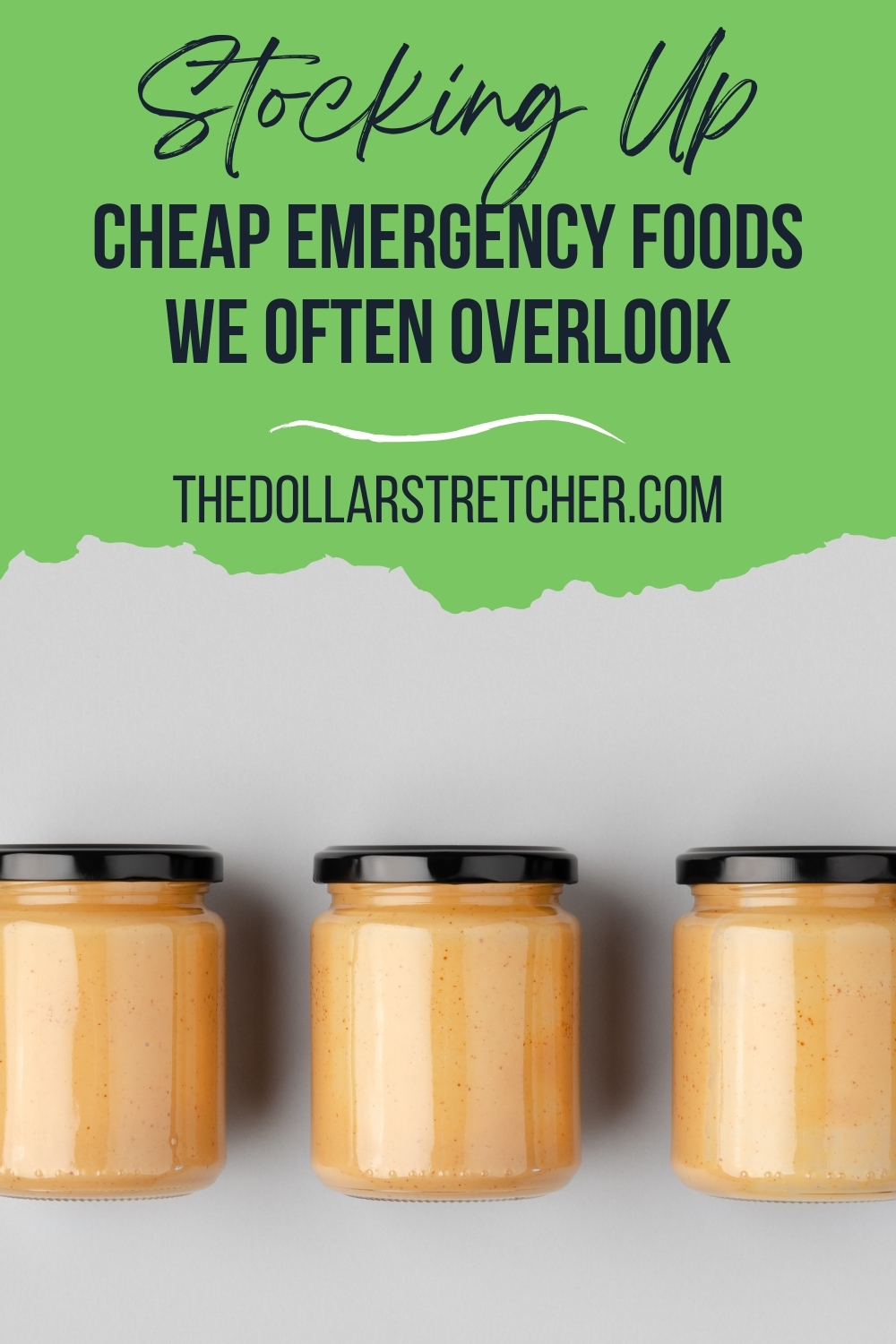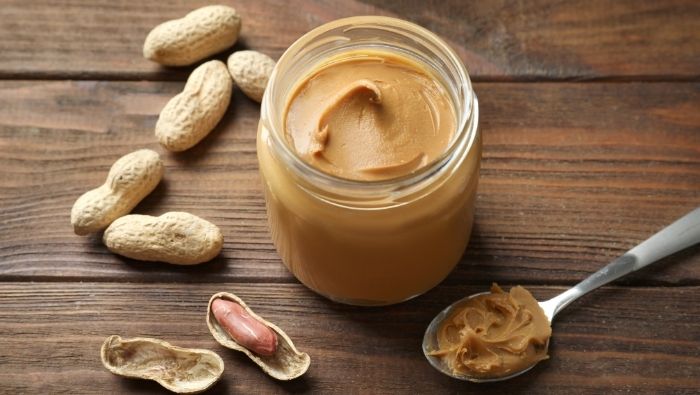Cheap Emergency Foods We Often Overlook
Prepping food needs for an emergency or disaster does not need to be expensive. Consider these cheap emergency foods we often overlook.
Most of us in the U.S. know we should have certain emergency supplies on hand in case of a natural disaster. Almost every part of the country has to deal with some type of natural disaster — hurricanes, tornadoes, blizzards, flooding and even fires, which can result in prolonged power outages and limited supplies at stores.
We’ve also all experienced food and supply shortages brought on by COVID.
We can’t deny the fact that it is a good idea to have a supply of emergency foods on hand. Perhaps we could probably benefit from borrowing a few tips from preppers who have become pros at preparing for emergencies and disasters.
A Mistake To Avoid When Stocking Up on Emergency Foods
Often, the biggest mistake new preppers can make is looking too far from home for the supplies they need.
The temptation to blow several hundred dollars on specialized freeze-dried foods in durable-looking specialty packaging can be almost too much to resist, and it’s the most common mistake new preppers with tight budgets make.
In fact, many “prepper foods” are so cheap. You probably already have some and forgot about it.
Cheap Emergency Foods
Begin your emergency stockpile with the following inexpensive foods:
Peanut Butter
The ubiquitous jar of peanut butter is practically an American icon and serves as an ideal prepper food in its own right.
Dating all the way back to the Aztec empire, peanut butter offers protein, fiber, B vitamins, potassium, and healthy fats. Available at nearly any dollar store, the plastic jars store well (anywhere from two to five years), and even if it goes bad, it won’t hurt you.
According to Maribeth Cousin, a professor of food science at Purdue, “Some people actually eat rancid food without knowing it, depending upon their individual taste buds.” Even rancid, the nutritional content remains intact, though the flavor suffers. Since rancidification is linked to oxygen exposure, sealed jars are not likely to go rancid.
Sign Up for Savings
Subscribe to get money-saving content by email that can help you stretch your dollars further.
Twice each week, you'll receive articles and tips that can help you free up and keep more of your hard-earned money, even on the tightest of budgets.
We respect your privacy. Unsubscribe at any time.
Honey
Honey is another good choice as a prepper food. As natural sweeteners, honey and sugar are neck and neck, but where honey really shines is in its medicinal value.
Honey packs a variety of nutrients, like B and C vitamins, iron and magnesium, and has powerful anti-fungal, antibacterial, and antiseptic qualities. Combined, these two facts mean that honey is a digestive miracle worker and can even be used topically to treat injuries like cuts and burns.
Honey, also, never goes bad. Literally, it can’t do it. As moisture leaves it, honey takes on a crystalline structure, but a little heat will melt it right back down into a more usable state.
Powdered Drink Mixes
Powdered drink mixes are another easy, long-lasting, and cheap way to stretch your budget and your diet in an emergency.
As an example, Tang provides 100% of the daily dosage of vitamin C in an eight-ounce serving (after all, it was invented for astronauts). Kool-Aid® mix is another option since it’s also high in vitamins C and E.
Personally, I recommend powdered Gatorade. Not only will it stretch your diet by adding calories, carbs, and vitamins to your water, but also it can be used to treat dehydration. A study in 2005 found that Gatorade was effective in treating cases of acute dehydration, which makes it an excellent option for families with young or elderly members.
Multivitamins
Another frequently overlooked item, while not exactly a food product, is indispensable if the grocery store shelves go empty. Multivitamins are an excellent addition to a stockpile. Costing between five and eight dollars, a 400-count jar will provide all the essential vitamins and minerals your diet might not be providing for weeks.
The shelf life of vitamin supplements can range from one to five years, so be sure to check your preferred brand!
Cooking Oil, Salt, and Pepper
The last item I’d like to touch on isn’t food by itself, but it’s essential for preparing food. Easily the most overlooked items on the list, cooking oil, salt, and pepper are a key part of an emergency stockpile. Without those, it will be very difficult to prepare anything at all. Nearly all recipes call for at least some salt, and most cooked items require at least some oil in preparation
Oil is important if you have small children to look after in a crisis, as adding even a little to your cooking will provide key omega-3 fatty acids essential to growth and development. If push really came to shove, vegetable oil can even be made into biodiesel, so you can drive away from whatever mess you managed to end up in.
What Cheap Emergency Foods Do You Already Have in Your Pantry?
As a newbie prepper, you might be tempted to range far and wide in search of that special something to make your stockpile stand out, but don’t forget to look close to home, too! What else is sitting in your pantry right now that you could use more of?
Reviewed March 2025
Popular Articles

On After50Finances.com
- 9 Things You Need to Do Before You Retire
- You Didn’t Save Enough for Retirement and You’re 55+
- When Empty Nesters Reorganize and Declutter Their Home
- Reinventing Your Career in Your 50s or 60s
- What Mature Homeowners Should Know about Reverse Mortgages
- 2 Reasons to Collect Social Security Benefits As Soon As Possible



